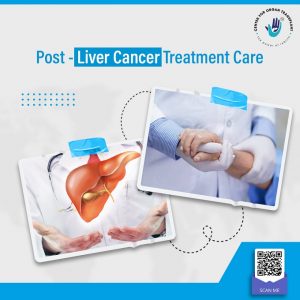
What Happens After Liver Cancer Treatment?
Your health care team will continue to monitor you after you have completed therapy. Following therapy, keep the following in mind:
- The importance of follow-up visits cannot be overstated. All follow-up appointments should be attended since your health care provider will want to ensure that cancer has not returned or spread.
- During these appointments, health care providers will perform physical exams, inquire about any symptoms, and order blood tests (AFP levels, liver function tests, and imaging tests) or imaging studies (such as ultrasound, CT, or MRI scans).
- Most health care providers recommend imaging scans and blood tests every 3 to 6 months for the first two years for persons who have had surgery or a liver transplant and show no evidence of malignancy, then follow-up tests every 6 to 12 months after that.
- Tell your health care team about any side effects you’re experiencing during your follow-up appointments. They might be able to mitigate some of these side effects.
- It’s critical to have your health insurance because you’ll need to see your doctor regularly for many years.
What If I Move or Have to Change Health Care Providers?
If you have to see a new health care provider after your treatment is finished, you must give your new provider all of your diagnosis and treatment details. Keep this information handy in a special folder or binder:
- Copies of blood test results, imaging tests (CT or MRI scans), and liver biopsies, which can usually be stored on a CD or DVD
- If you had surgery, a copy of your surgery report(s)
- If you stayed in the hospital, a copy of the discharge summary that health care providers prepare when patients are sent home
- If you got radiation therapy, a list of the types and doses of radiation you received, as well as when and where you received it.
- A list of your drugs, drug doses, and when you took them if you underwent chemotherapy or targeted oral therapy.
- A copy of all operation reports and a discharge summary if you underwent a liver transplant.

Recent Comments